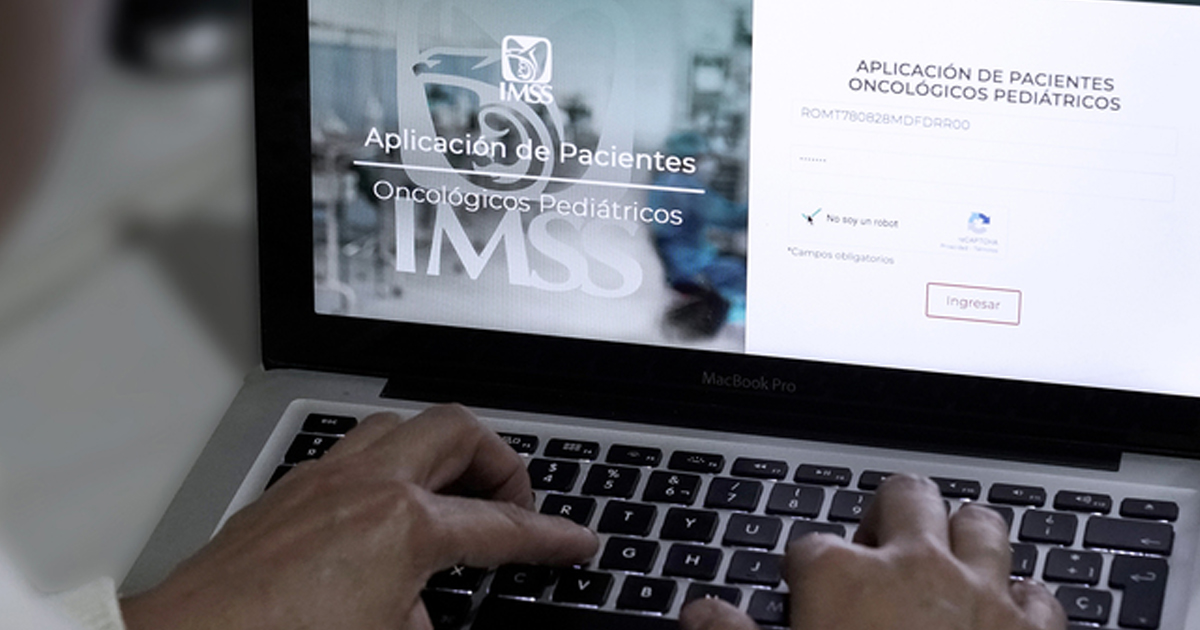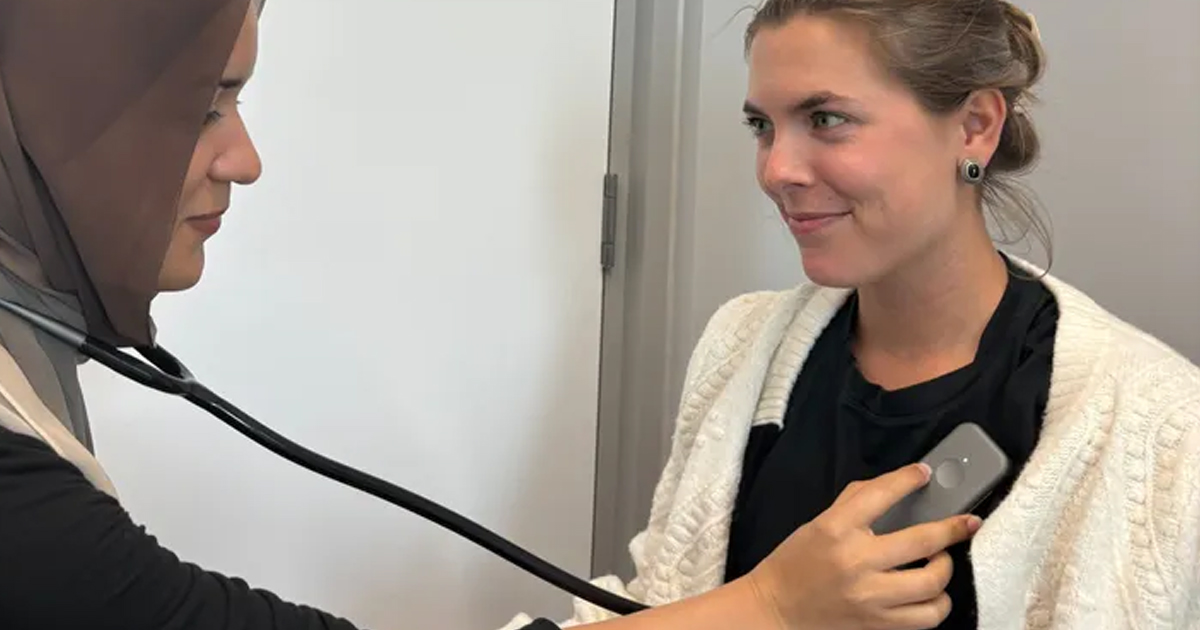En el artículo de investigación “Explorar la viabilidad de utilizar datos del mundo real de una gran red de investigación de datos clínicos para simular ensayos clínicos de la enfermedad de Alzheimer”, los autores exploraron la viabilidad de utilizar datos del mundo real (RWD) para la simulación de ensayos clínicos.
Los ensayos clínicos son una parte vital para el desarrollo y descubrimiento de nuevos fármacos, a través de estos se evalúa la eficacia y la seguridad de los nuevos medicamentos, así como posibles reacciones en pacientes.
“Si bien las condiciones rigurosamente controladas de los ensayos clínicos pueden reducir el sesgo y mejorar la validez interna de los resultados del estudio, también tienen los inconvenientes de los altos costos financieros y el largo tiempo de ejecución”, explica el estudio.
Actualmente no se han desarrollado fármacos eficaces para el tratamiento y tampoco para la prevención de Alzheimer, a pesar de las grandes inversiones para la realización de estudios preclínicos.

Los autores proponen la simulación de estudios clínicos, que no solo beneficiarían a las compañías farmacéuticas, sino a lo más importante, los pacientes. “La simulación de ensayos clínicos (CTS) es valiosa para evaluar la viabilidad, investigar los supuestos y optimizar el diseño del estudio antes de realizar los ensayos reales”.
La investigación obtuvo una base masiva de información gracias a los datos del Consorcio de Investigación Clínica OneFlorida, una red de investigación de datos clínicos financiada por el Instituto de Investigación de Resultados Centrados en el Paciente (PCORI).
El trabajo presentó la simulación de un ensayo clínico “considerando tres escenarios de simulación diferentes. En el escenario de simulación de un brazo, intentamos simular un brazo de control externo para la prueba original”.
Check the full study at the following link: https://www.nature.com/articles/s41746-021-00452-1







